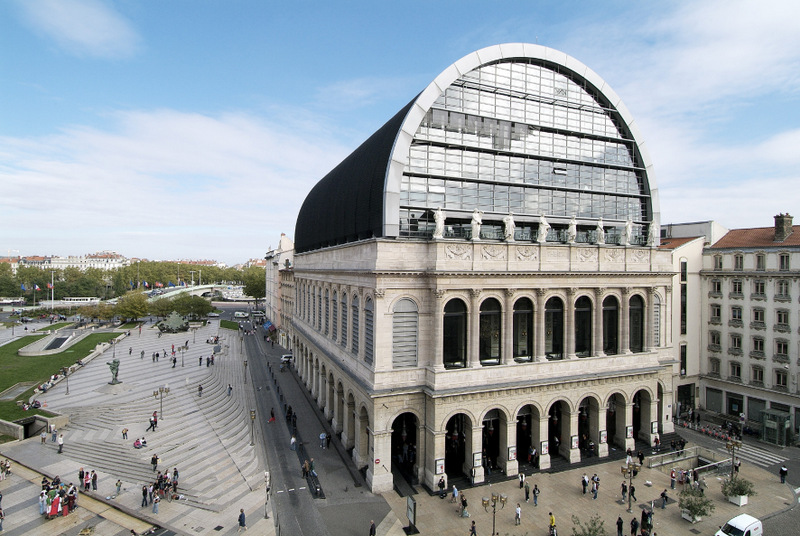“This is the month of May when the flowers fly in the wind”. This month heralding beautiful days is combined with flowers and mothers. With lobster and fiddleheads too! In the Catholic tradition, it is the month of Mary. And paradoxically, it begins with a feast for Saint Joseph.
On May Day, the Church celebrates Joseph the Worker. In Europe, this day is the occasion for demands for working conditions which respect human dignity.
This year, health restrictions will get the better of these popular marches. With us, it is more at the beginning of September, during the Labor Day break that we reflect (too little!) On work and its structuring role.
The pandemic has introduced us to essential workers; however, all work is essential in our lives.
It is disturbing to see people, healthy and with varying abilities, refusing to work. As summer approaches, employers are looking for workers and cannot find them.
For the reasons given for not hiring (desire for vacation, too low salary, need for rest), many do not recognize the value of work.
In addition to this lack of a work ethic, there are, in my opinion, difficult and restrictive work environments.
+++
Between people who are overworked and threatened by burnout because they have too much to do, and others who do nothing, there is a balance to be struck. Work is certainly not the whole of life, but neither is idleness!
The more I think about the work I do, and the more I imagine the one left to do, I think it should be present at all ages of life.
The difference is more in the intensity and the kind of tasks to be accomplished.
Work gives meaning to life. I happen to hear people who have been sidelined, not knowing what to do with their ten fingers, regretting the time when they felt useful.
It’s strange: a large part of our society would like to be retired already, while retirees are nostalgic for their years of work. The monastic model has always seemed wise to me. In these communities, everyone has their task, adapted to their capacities. Until the end, no one is excluded.
The work in this world is never finished. We get involved in a project, we devote the best years of our life to it, and we quit leaving it to others to continue. Life is a work never finished. Everyone is doing their part to make the wheel turn.
+++
This Workers’ Day presents Joseph as a model. Yet, not much is said about his work in the Bible. We can fill this silence with our imagination. In his work, he had to be creative to improvise a cradle for the birth of his son. He must have been valiant to find accommodation and earn his bread as an exile in Egypt. He had to be patient to carve the wood.
The carpenter of Nazareth is an essential worker. Like all the latter, he fulfills his role without brilliance. In the many exegetical and magisterial writings on the paternal saint, we insist on his humble and discreet life. It is a sign in history that “our lives are woven and supported by ordinary people, often forgotten, who do not make the headlines and magazines (…) but who are writing the stories today. decisive events in our history: doctors, nurses, supermarket employees, maintenance workers, home care providers, transporters, law enforcement… ”(François, Meditation in a pandemic period, 2020).
+++
In these times of pandemic, it would be normal to turn to Joseph to find in him a model and an intercessor for our work. However, because of the real estate bubble, he is asked more to sell his house. In the presbytery, all the statuettes of Saint-Joseph that we had are gone; suppliers also tell us that they are out of stock. Go figure out why!
However, in the catechism it is not associated with the field of real estate; he is considered the patron of good death and of the universal Church. Indeed, 150 years ago this year, Pius IX declared him patron of the Church. On this occasion, Pope Francis wrote a letter of “personal reflections on this extraordinary figure, so close to the human condition of each of us”. He declared that the present year would be consecrated in the Church to the deepening of this righteous man who teaches us to live “with a father’s heart”.
Francis’ devotion to Joseph does not date from yesterday. Every day he recites a prayer to the holy patriarch for “impossible things”. In addition, after his election as Pope, he requested that a statuette of Joseph which was dear to him in Buenos Aires be brought to Rome. In the morning, he lifts her up and to put down pieces of paper with his prayer intentions. The many banknotes raise the statue, which makes Francis say that Joseph continues his miracles: he levitates!
Here too, there are many references to Joseph. From the Lourdes Valley to that of Memramcook, it is under the patronage of Saint Joseph that the hospitable and educational world has taken off here.
The humble worker of Nazareth continues to inspire. He shapes the world in his own way: discreetly, humbly, without making noise.
–


:quality(80)/cdn-kiosk-api.telegraaf.nl/9a04df34-ab55-11eb-b54f-0255c322e81b.jpg)